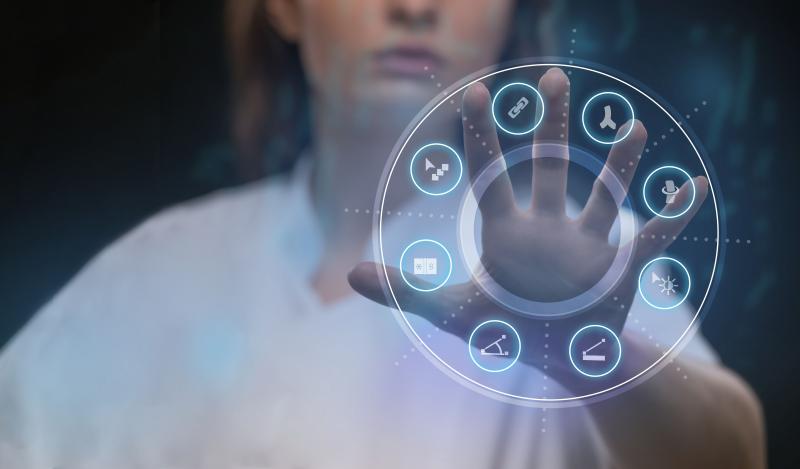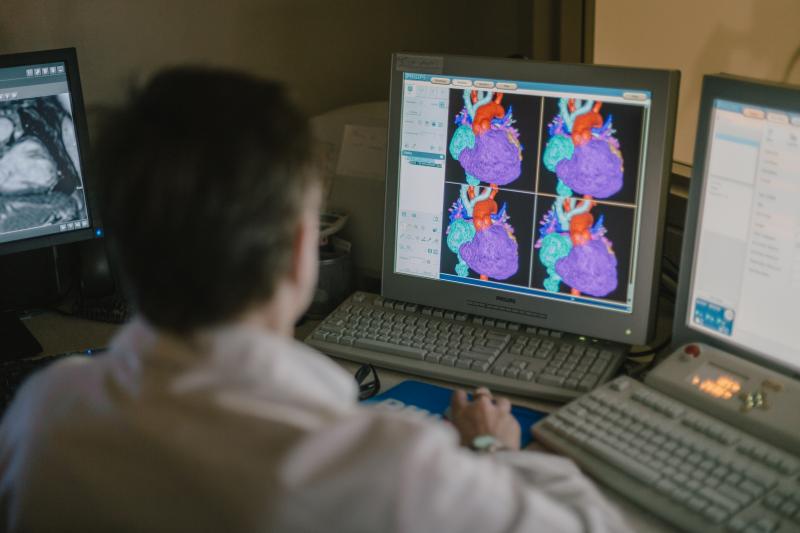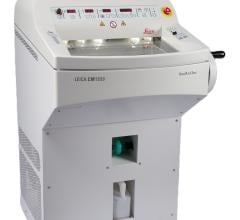
Vinay Vaidya, Chief Medical Information Officer at Phoenix Children’s Hospital
The power to predict a cardiac arrest, support a clinical diagnosis or nudge a provider when it is time to issue medication — for many people artificial intelligence (AI) in healthcare represents a great new frontier. In addition to providing new applications improving delivery of care, AI is expected to bring improvements to hospital operations and to a range of clinical specialties.
With increased computing power, new storage and devices, the amount of healthcare data captured inside a hospital today has far outpaced our ability to analyze it. There is a growing concern that only a fraction of this data is being used to improve the quality and efficiency of care.
Technology’s predictive abilities promise new applications that will one day transform health systems, although artificial intelligence could also be seen as simply speeding up the way physicians have always worked.
“Using large data sets to gather insights isn’t an abrupt, sudden discovery,” said Vinay Vaidya, M.D., Phoenix Children’s Hospital chief medical information officer. “Humans have been doing this for a long time. Looking at data, physicians were very painstakingly taking notes, collecting all the observations to uncover patterns long before the rise of AI. A perfect example is the cholera outbreak in Soho, London, in 1854.”
Connecting Each Piece of Data
At the end of August 1854 London’s third big cholera outbreak was beginning. It was thought to have been passed between people by “miasma” or through the air, a theory supported by leading physicians at the time.
However, an alternative theory had been published a few years earlier by a local physician named John Snow who suggested that rather than being airborne, cholera was passed through water supply. One month into the outbreak and the disease led to more than 50 cases.1 During the next four days another 400 came to light.
Snow set about proving this theory by meticulously mapping each known case of cholera in Soho, discovering that rather than being an airborne disease, it had originated from a contaminated water supply in a local street. He had the handle of the water pump removed, and cases of cholera immediately began to diminish.
“Even in those days, we did something that is very similar to what we do with deep learning or artificial intelligence today, which is to take all the data that is available and applying the principles of analysis to come up with a solution,” said Vaidya.
Clinical and Productivity Benefits of AI
Over the past decade, the growth of computational power has led to a massive increase in the amount and granularity of stored digital medical and healthcare data. The ability of AI to quickly analyze large volumes of this data and create meaningful — and actionable — insights will have profound effects on how healthcare is delivered and received.
“Information in medicine is expanding at a pace at which the human mind cannot keep it in one single view or frame, so we do need the power of machines to support us,” said Vaidya. “Today we have computers which can bring data together, mine it and identify patterns. We use algorithms that are able to identify infections, or those patients who are going to have cardiac arrests.”
Another great promise of AI is in its ability to bring new efficiencies to hospital workflows including planning, procedure times or selecting the right exam for the right patient, which will enhance care delivery and reduce treatment costs.2
The ability of AI to sift through large amounts of data can help hospital administrators optimize performance and improve the use of existing resources, generating time and cost savings. This could vastly increase overall hospital productivity.
Human and Machine, Working Together
As much as Vaidya sees potential for AI in healthcare, he believes that any application of AI has to start with a proper understanding of clinical and hospital workflows. AI should simplify and speed up workflows, supporting the needs of the healthcare provider.
“Rather than replacing human clinical judgment, artificial intelligence will augment the clinical acumen to scales that we may not imagine today,” said Vaidya. “It is the hybrid, the human and the machine together, that is the most powerful.
“It is no different than any other field where pieces of information have come together to produce a jigsaw,” he concluded. “We are going to evaluate [artificial intelligence] like everything else. We let the technology proceed, we see what advances it brings.”
References
1. BBC, “In the time of cholera,” www.philips.com/nobounds
2. Frost & Sullivan, www.philips.com/nobounds
Case study supplied by Philips Healthcare.




 February 13, 2026
February 13, 2026 









